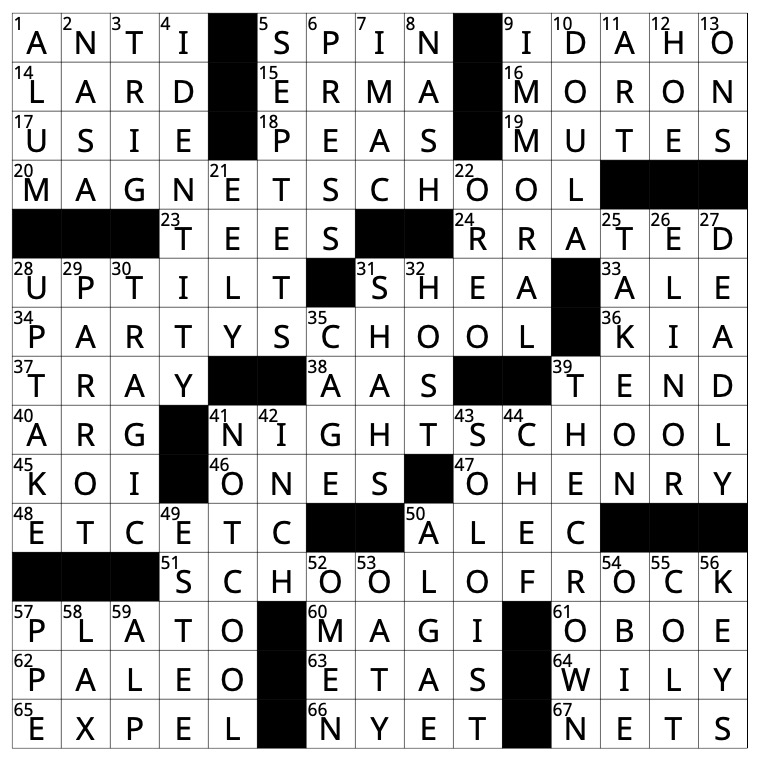By Dana Glaser
At first he thought it was just junk mail, the kind that floods mailboxes after the PSATs, offering educational conferences, summer programs and fine print. This letter was from a program called Lead America â just the type of letter Jon OâHara â10 usually threw away. But he decided to read this particular one. He found he was invited to the inauguration of the 44th President.
As students flooded the campus on the morning of Jan. 20, armed with sweats, pens and pencils and a semesterâs worth of history notes, OâHara, along with Bridget Golob â10, Chris Turner â09, Jonathan Lawson â09, Charlie Mischer â10, Tennyson Turner â10, Catherine Wang â11, Upper School Dean Cahn Oxelson and Upper School History teacher Ken Neisser, were on the other side of the country, scattered among millions in Washington D.C. to witness the inauguration of the first African American president.
“My parents decided to go before Obama was even elected,” Lawson said, “because they knew he might be the first black president.”
Golob, who was leaning toward Senator John McCain, also arranged to attend the inauguration because even before the results were in, she believed it was a “a great election,” with the battle between Hillary Clinton and Barack Obama making history before the election even started, she said.
OâHara had volunteered for Obamaâs campaign, phone banking and recruiting door-to-door volunteers.
Because his parents were fundraisers for Obamaâs campaign, Lawson was able to get tickets, which allowed him to watch the inauguration ceremony from beyond the barrier, while the rest had to tough it out in the crowds. Several students, like OâHara, were invited to the inauguration by programs run for students.
Neisser had “multiple levels of interest” in the inauguration, he said, because not only is his wife African-American, but his sister-in-law had worked with First Lady Michelle Obama in healthcare for over 10 years.
They decided before the election that if Obama won, they would hold a family reunion in Washington D.C.
“We had family members in from Chicago and London and Ohio and Boston and New York,” he said, “so at the very least it was going to be a family reunion, and it turned out to be a great deal more.”
“It was my third and final opportunity,” Oxelson said. He had considered going to the Democratic convention or President Obamaâs acceptance speech in Grant Park, but hadnât been able to.
Golob, Turner and Wang were three of 7,500 students participating in the Presidential Youth Inaugural Conference. They received invitations because they were alumni of summer programs called National Young Leaders State Conference. OâHara never knew for sure why he got his letter â it could have been his PSAT scores, he said, or someone, possibly a teacher, had recommended him.
Golob, Turner and Wang arrived in D.C. several days before the inaugural ceremony to attend a speaker series at University of Maryland just for their program.
The two day series included a line up of pundits and politicians including former Vice President Al Gore, former Secretary of State Colin Powell and Nobel Peace Prize winner Desmond Tutu.
During one speech Turner thought he recognized the girl sitting in front of him.
“We recognized each other even though we donât have mutual friends. I wasnât going to say anything,” he said. “But then she turned and she said âdonât you go to Harvard-Westlake?â” It was Golob.
They all converged at the national mall early on the chill, bright Tuesday morning of the inauguration. Even Lawson, who had tickets, woke at six and braved a two hour line to get to his seats. It was 10 degrees outside.
Turner made it his business to weave through the crowd to get as close as physically possible. When he and his friends came up on the police patrolled barrier at 3rd street, they held up the PYIC slung around their necks as if they were tickets â and they passed.
“I actually got in front of the reflecting pool,” he said.
Neisser had doubted whether he would be able to attend the ceremony, even with tickets. He was staying in Virginia and was told clearly that it might be impossible, with all of the human traffic, to get into Washington D.C.
“We were really lucky,” he said. “If any of our logistics had failed like planes or pickups Iâd probably be singing a different song.”
After a couple hours of waiting, each watched â all except Lawson â with the aid of television screens to magnify the doll-like figures on the distant podium â as President Barack Obama was inaugurated with a bit of a fumble, to tears and uproarious applause.
“At the moment I thought âheâs actually president nowâ,” Lawson said. “I just want to see what he does, if heâs exceptional or if heâll be just like every other president.”
Around them, people reacted in drastically different ways, celebrating, dancing and singing with strangers around them or taking an introspective moment to pray or cry, alone among the 2 million people in the mall, Oxelson said.
“I cried a little bit, and I celebrated a lot,” he said.
As soon as Yale Professor Elizabeth Alexander dipped in to the first lines of her poem “Praise Song for the Day,” the masses began to move. It took an hour and a half to walk two blocks because of the human traffic, OâHara said. The police would not release the restrictions, so Golob and her friends followed the crowds, climbing over walls and trekking over shut down highways.
“We just walked up a freeway ramp” she said. “It was crazy.”
They left the next day, returning to sunshine and midterms.
































